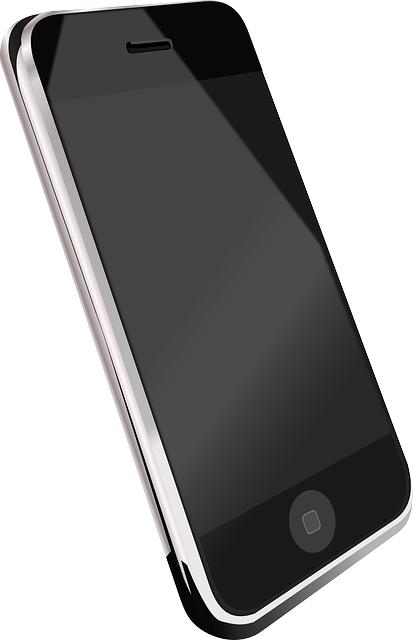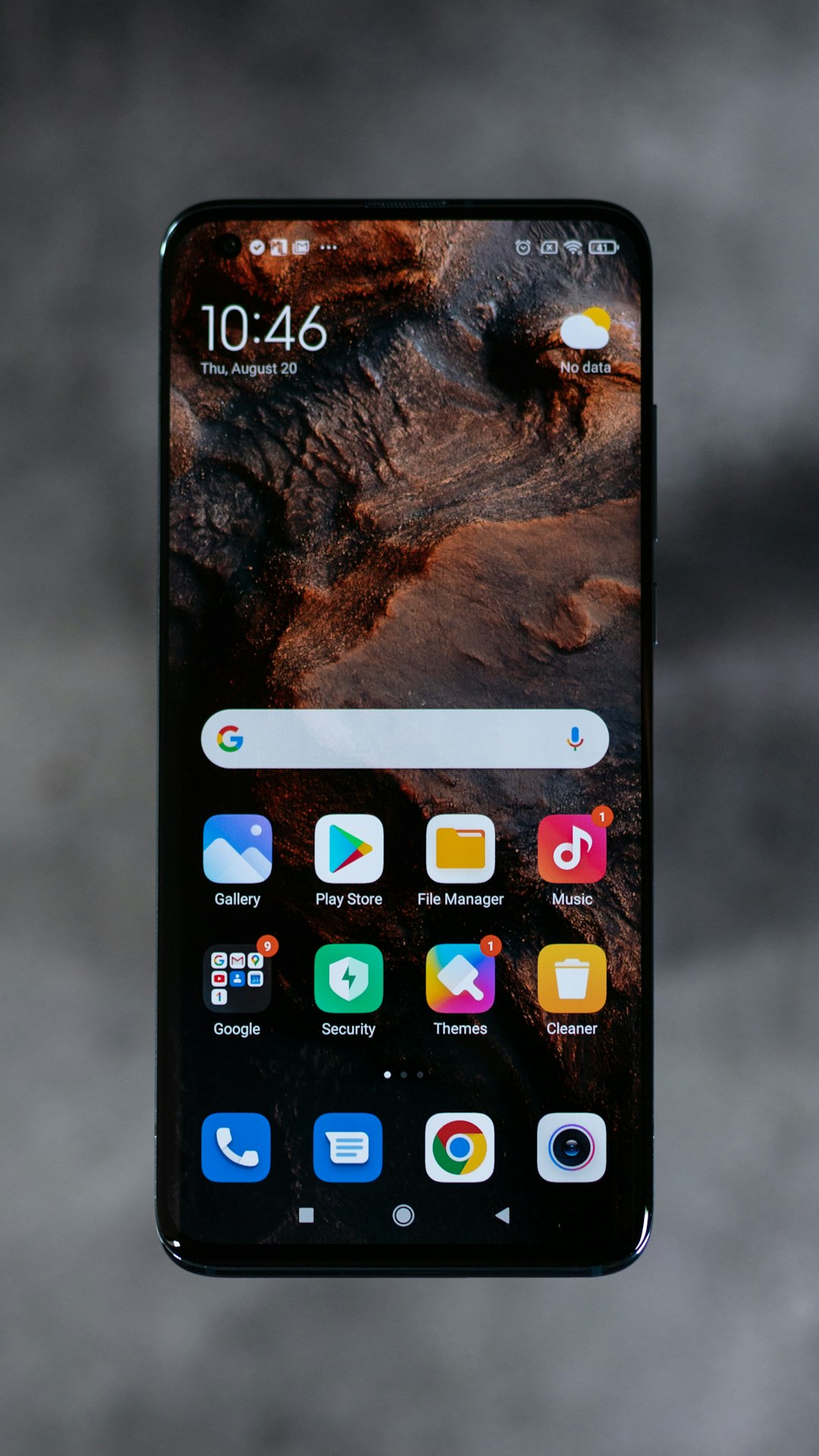In West Virginia, autodialers have become a game-changer for law firms, revolutionizing client communication with efficient contact management and personalized messages. These advanced phone systems must comply with state and federal regulations, such as the TCPA and Telemarketing Act, which protect consumers from intrusive marketing practices. Law firms balance enhancing customer experiences through autodialer technology while ensuring prior consent, opt-out options, and maintaining privacy standards to avoid legal issues and negative client perceptions in competitive West Virginia market.
In West Virginia, law firms are increasingly turning to autodialers as a powerful tool to manage client communications. This technology promises enhanced customer experience through efficient appointment scheduling and reminder systems. However, navigating the complex landscape of the autodialer law in WV is crucial for ensuring compliance and fostering positive client interactions. This article explores these dynamics, delving into the benefits, potential drawbacks, and best practices for autodialer usage within West Virginia’s legal framework.
Understanding Autodialers: A Tool for Law Firms in West Virginia
In the digital age, autodialers have emerged as a powerful tool for law firms in West Virginia to enhance their customer experience. These automated telephone systems are designed to streamline communication with clients and potential customers. By using advanced algorithms, autodialers can efficiently manage large contact lists, making it easier for legal professionals to reach out to a vast number of individuals simultaneously. This technology is particularly beneficial for time-sensitive matters, ensuring that important messages or reminders reach the intended audience promptly.
West Virginia’s legal landscape benefits from this innovation as it allows law firms to improve their outreach strategies. Autodialers can be programmed to deliver personalized messages, making each interaction unique. This level of customization fosters a more engaging customer experience, encouraging potential clients to perceive the firm as efficient and responsive. Moreover, these systems can gather valuable data, providing insights into caller preferences and behavior, which law firms can leverage for further optimization.
The Legal Framework: Exploring the Autodialer Law in WV
In West Virginia, the regulation of autodialers and automated phone calls is governed by a specific legal framework designed to protect consumers from intrusive marketing practices. The state’s laws regarding autodialer use are in line with federal regulations, ensuring a balanced approach to customer experience and privacy rights. Specifically, the Telemarketing Act of 1974 and subsequent amendments provide guidelines for businesses engaging in telemarketing activities, including the use of automated dialing systems.
West Virginia’s implementation of these laws is through the West Virginia Division of Securities, which oversees compliance and enforces regulations related to telemarketing. This includes restrictions on when and how autodialers can be used, requiring prior consent from recipients, and providing mechanisms for consumers to opt-out of such calls. Law firms specializing in consumer protection and privacy rights play a crucial role in navigating this legal landscape, ensuring businesses adhere to the autodialer law in West Virginia while upholding customer experience standards.
Enhancing Customer Experience: Benefits of Using Autodialers
In today’s fast-paced business landscape, especially within the legal sector, customer experience is a key differentiator. Law firms in West Virginia are increasingly turning to autodialers as a powerful tool to enhance their interactions with clients and prospects. This technology streamlines communication by automatically dialing a pre-selected list of phone numbers, allowing for efficient outreach and personalized engagement.
By leveraging autodialer systems, law firms can significantly improve response rates, save time, and reduce operational costs. The ability to deliver targeted messages, collect contact preferences, and offer interactive options through automated calls creates a more convenient and responsive customer experience. This is particularly beneficial in West Virginia, where staying connected with a diverse range of clients may require flexible communication strategies.
Potential Drawbacks and Customer Concerns in West Virginia
While autodialers can significantly enhance customer reach and engagement for law firms in West Virginia, there are potential drawbacks and customer concerns to consider. One primary issue is the regulation surrounding automated phone calls, known as autodialers, which is governed by the Telephone Consumer Protection Act (TCPA). Law firms must adhere strictly to these rules, including obtaining prior consent from recipients to make automated calls, avoiding certain times of day, and providing an opt-out option. Failure to comply can result in hefty fines.
Additionally, customers in West Virginia may experience frustration or annoyance with frequent autodialer calls, leading to a potential negative perception of law firms utilizing this technology. The volume and nature of these calls can be intrusive, especially if not personalized or relevant to the recipient’s interests or needs. As such, law firms must strike a balance between effective marketing and respecting consumer privacy and preferences.
Best Practices: Optimizing Autodialer Usage for Positive Client Interactions
In the realm of customer experience, especially within the legal sector in West Virginia, best practices for autodialer usage are essential to foster positive interactions with clients. Law firms employing autodialers should prioritize transparency and consent, ensuring clients know they are receiving automated calls. This simple act builds trust and reduces annoyance, common issues associated with autodialers. By obtaining explicit permission and providing an opt-out option, firms can navigate the fine line between efficient outreach and respecting client boundaries.
Additionally, personalization is key. Customizing autodialer scripts to reflect a firm’s unique brand voice and tone ensures calls feel less generic and more engaging. Adapting messages based on client demographics or case specifics demonstrates attention to detail, enhancing the overall experience. Regular monitoring and analysis of call data also enable firms to identify trends, refine strategies, and ensure compliance with relevant regulations, such as the Telemarketing Sales Rule, specifically tailored for autodialer law firm operations in West Virginia.






